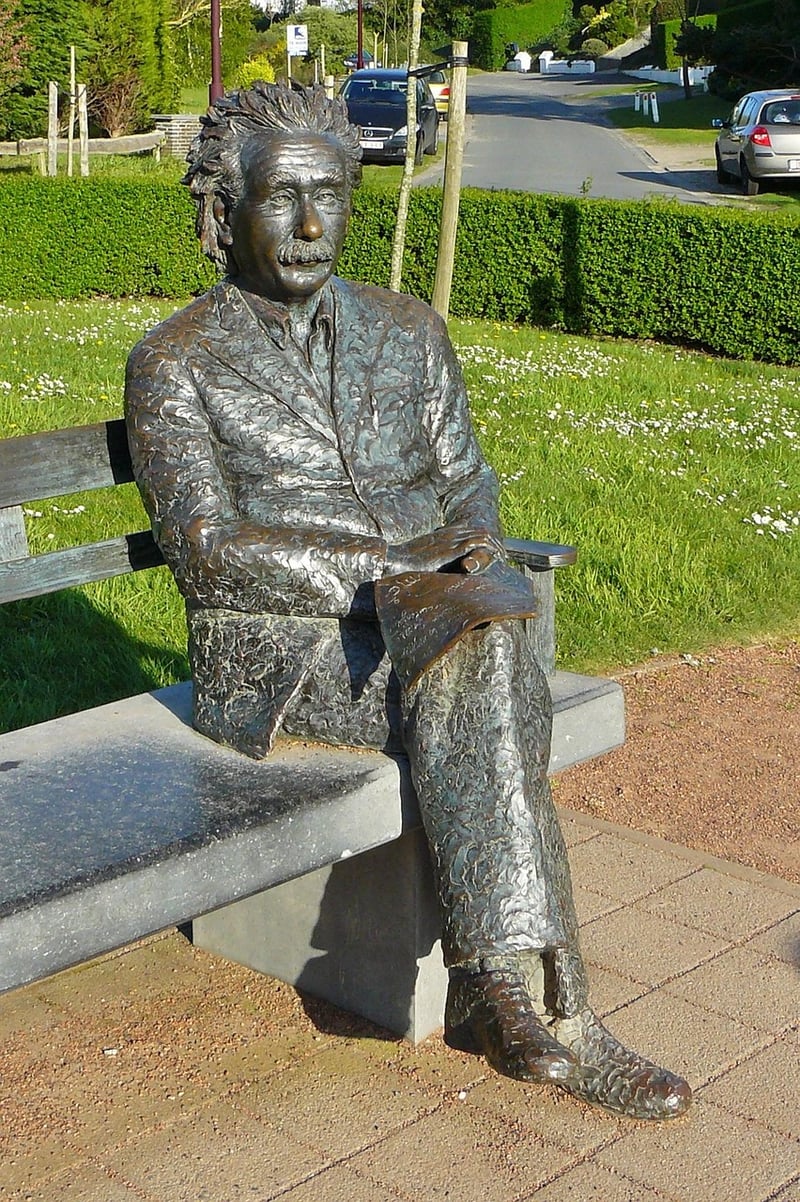Relativity Effects
Understanding Time in Space and Relativity Effects
Space, with its vastness and mysteries, has always captivated human imagination. Among the many mind-bending concepts associated with space, one of the most intriguing is the idea of time dilation and relativity effects. Let's delve into these fascinating phenomena and explore how they shape our understanding of the universe.
Time Dilation
Time dilation is a concept in physics that suggests time can pass at different rates in different conditions. According to the theory of relativity proposed by Albert Einstein, time dilation occurs when an object is moving at speeds close to the speed of light or in the presence of strong gravitational fields.
This means that time can appear to move slower for an observer in motion compared to a stationary observer. The closer an object approaches the speed of light, the more pronounced the time dilation effect becomes. This phenomenon has been experimentally verified and plays a crucial role in modern physics and our understanding of the universe.
Relativity Effects
Relativity effects encompass a range of phenomena that arise from Einstein's theory of relativity. These effects include not only time dilation but also length contraction, mass-energy equivalence (E=mc^2), and the equivalence principle.
One of the most famous consequences of relativity is the equivalence of mass and energy, expressed by the equation E=mc^2. This formula highlights the interconvertibility of mass and energy, paving the way for nuclear energy and fundamentally changing our understanding of the universe's workings.
Implications and Significance
The concepts of time dilation and relativity effects have profound implications for space travel, GPS systems, and our understanding of the cosmos. For astronauts traveling at high speeds or near massive objects, these effects must be considered to ensure accurate navigation and communication.
Moreover, the principles of relativity have revolutionized modern physics, leading to groundbreaking discoveries and technological advancements. From black holes to the Big Bang theory, relativity effects have shaped our understanding of the universe's origins and evolution.
Conclusion
Time dilation and relativity effects offer a glimpse into the intricate fabric of the cosmos, revealing the interconnectedness of space, time, and matter. As we continue to explore the mysteries of the universe, these concepts will remain fundamental to our understanding of the universe's inner workings and our place within it.

For more information on time dilation and relativity effects, refer to Space.com.
